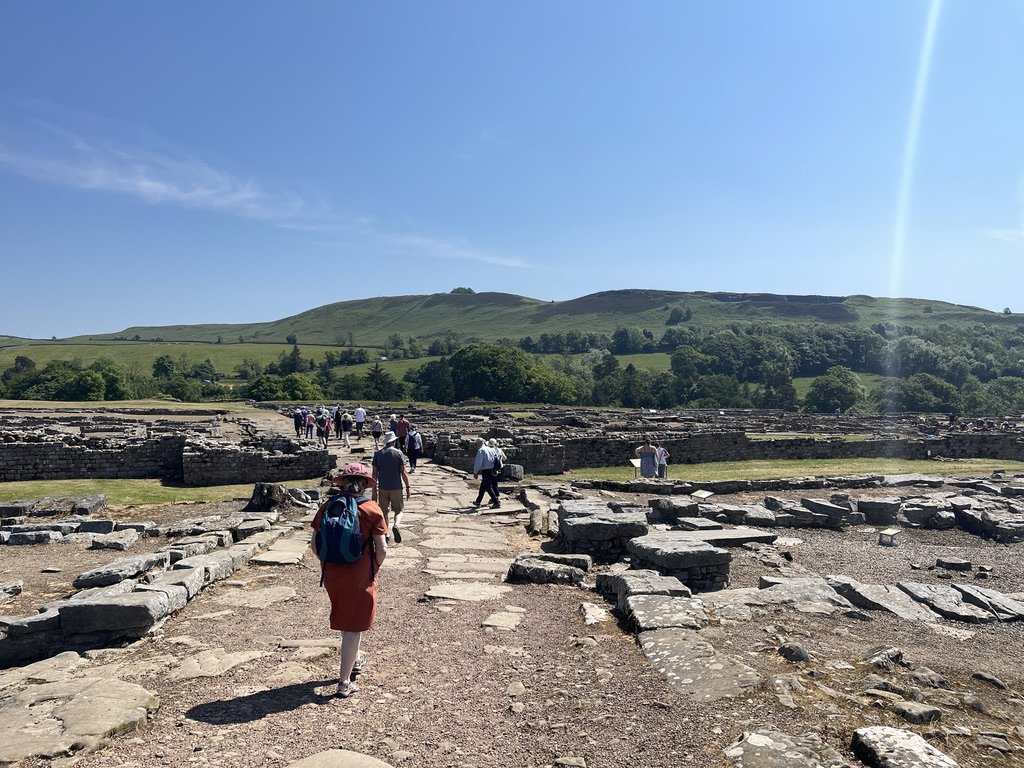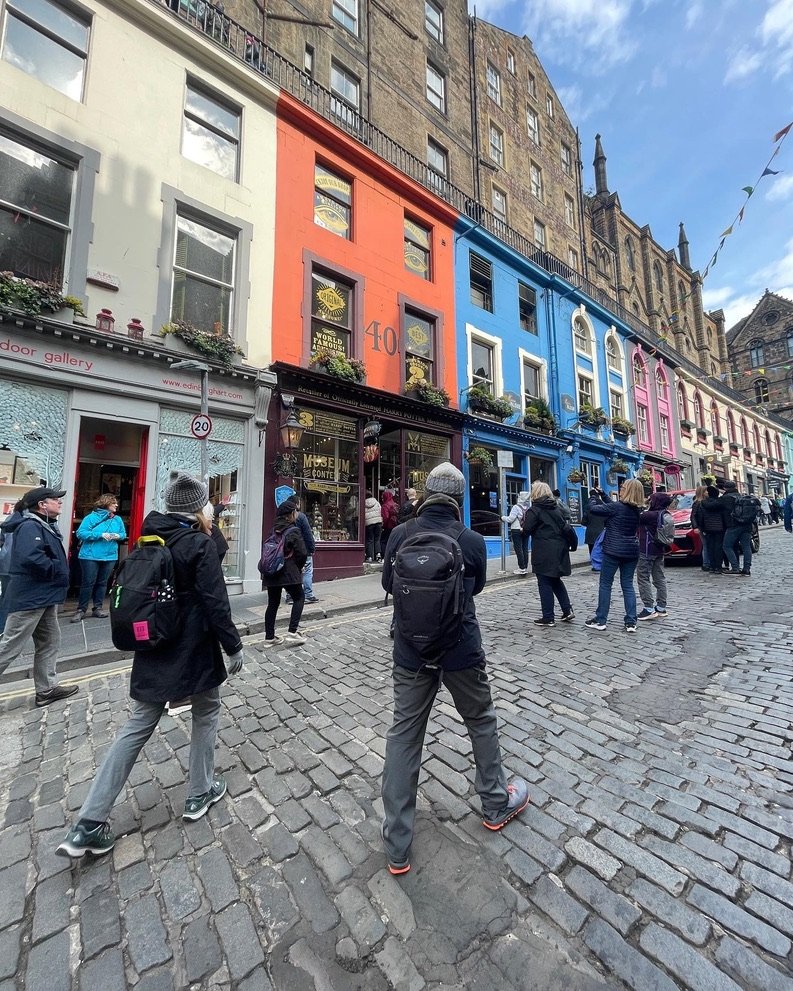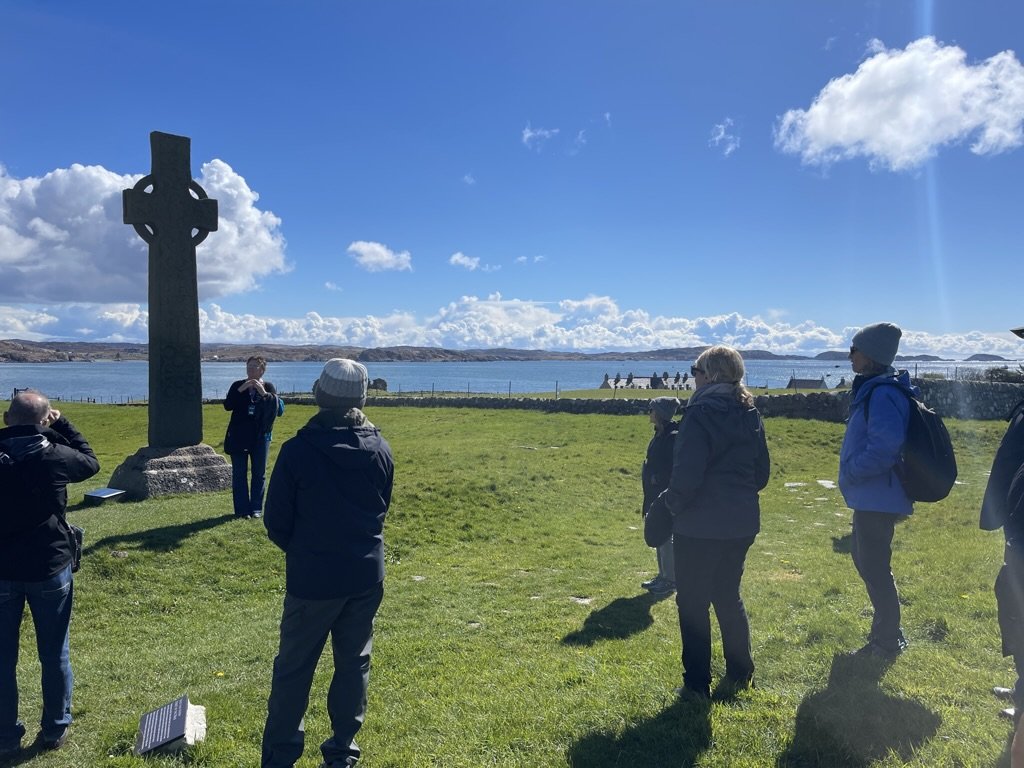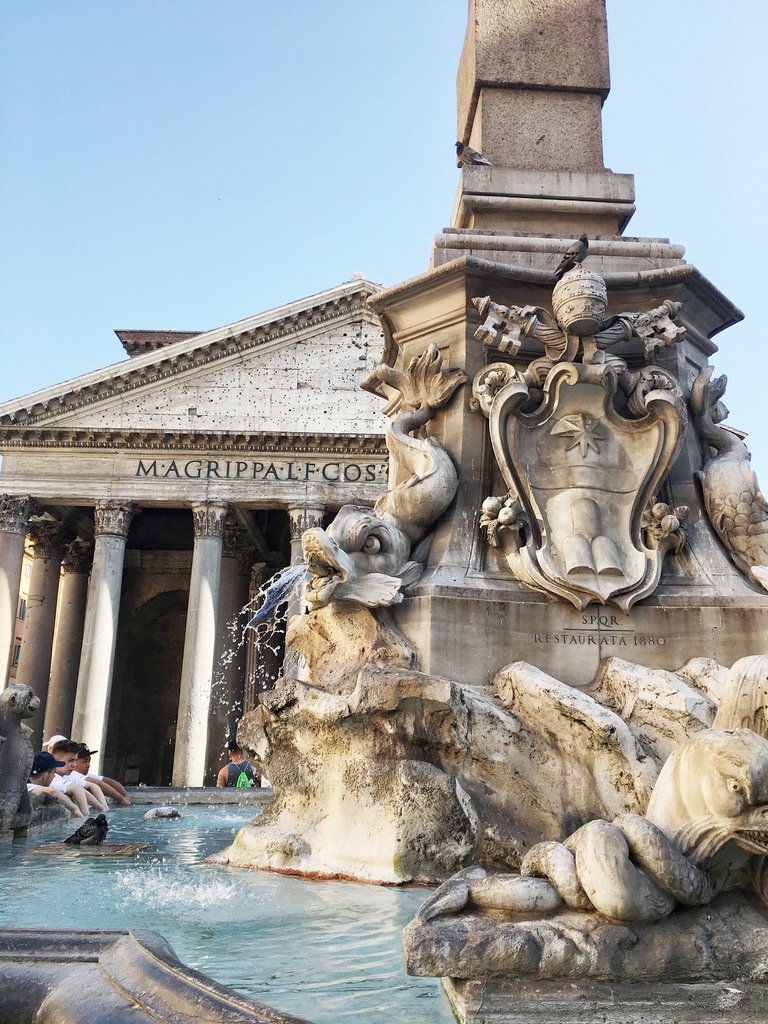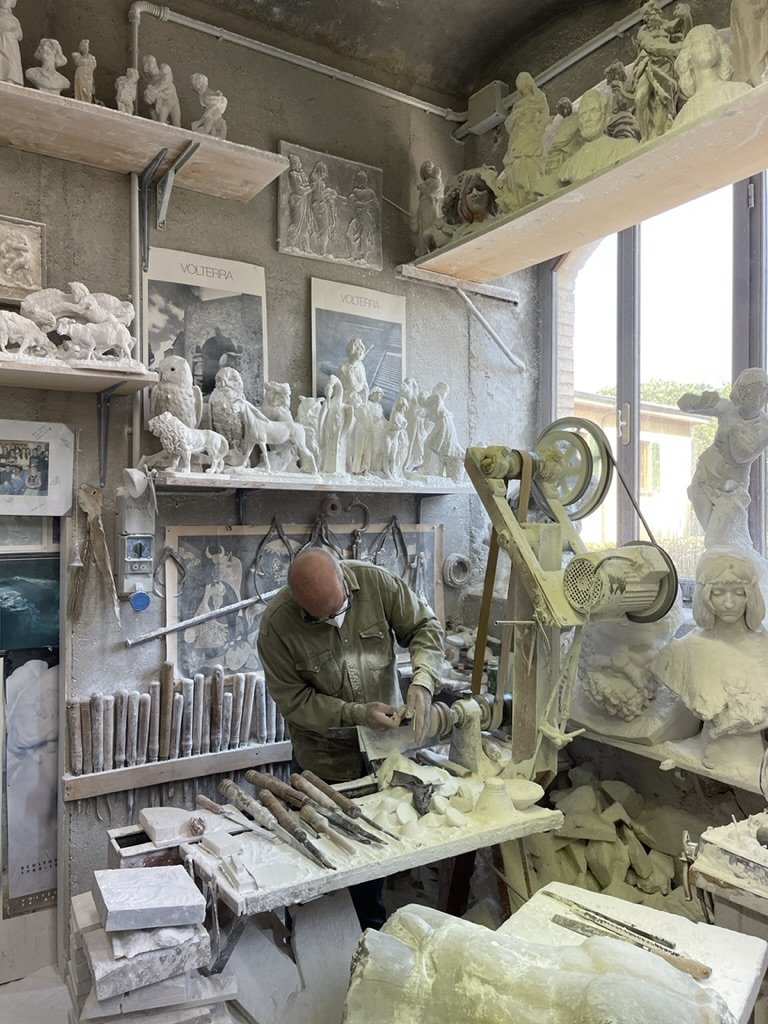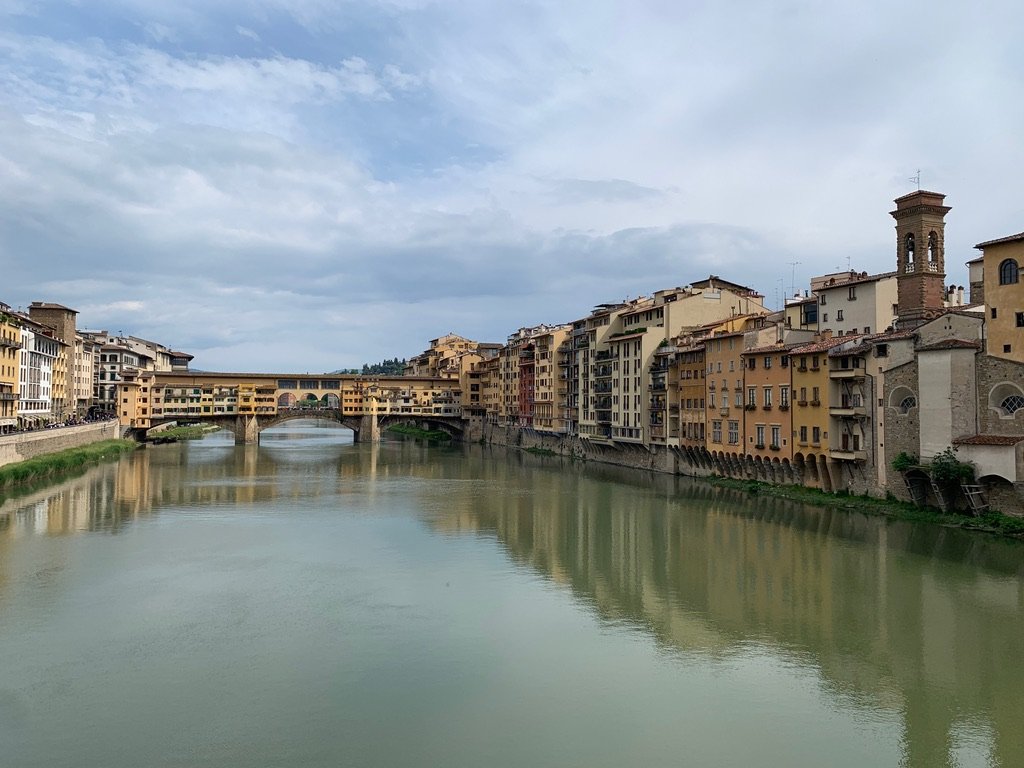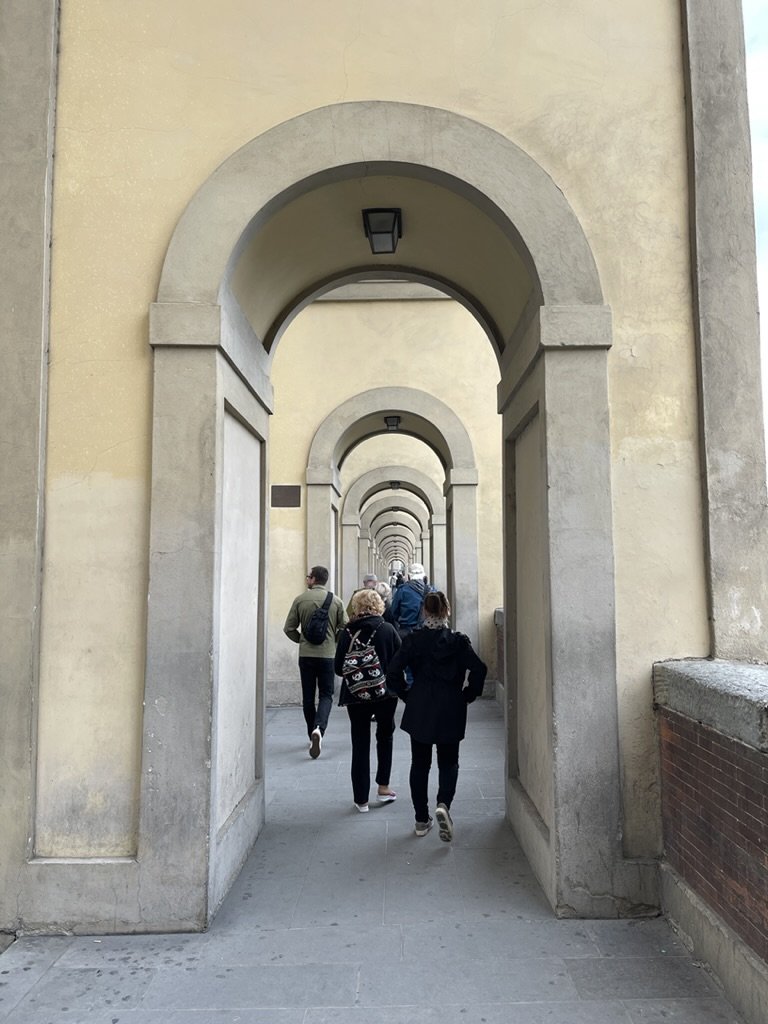a cosmopolitan revelation: from tourism to pilgrimage with rick steves’ europe
As an ethnographer and cultural theorist, I am deeply interested in cases that flip the script and confound traditional expectations. Tourism is one such case: there is no arguing that the plights of climate change, overtourism, and consumerism threaten the beauty and tradition of local places around the world. And yet, to disregard travel as merely “leisure” or unserious research would be to oversimplify and miss the ways in which travel serves as a project of moral formation and American national and cosmopolitan identity.
American travel writer Rick Steves, who The New York Times calls a “travel guru,” sells over a million guidebooks a year and hosts a nearly four-decade long travel program, “Rick Steves’ Europe,” on PBS. Considered to be the leading authority on European travel, the only guidebook that outsells “Rick Steves’ Italy” in the United States is a guidebook for Disney. Steves differentiates himself from his competitors, like Fodor’s and Lonely Planet, by framing travel as a “political act” which he says can cure Americans of their “ethnocentric self-assuredness.” My current book project, tentatively titled A Cosmopolitan Revelation: From Tourism to Pilgrimage with Rick Steves’ Europe, uses cultural theories of performance and a multi-method approach—including ethnographic research of seven Rick Steves’ tours between 2016 and 2025—to examine how Steves presents travel as a moralizing and sacralizing force in society akin to religious practice.





